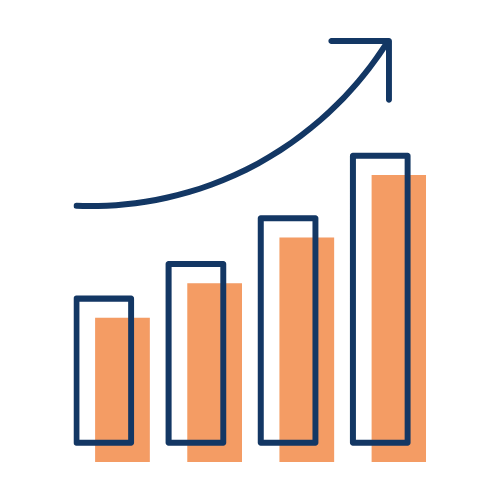Business Analyst or Data Analyst?
There is often confusion between what exactly a business analyst does and what a data analyst does. And although the two roles are linked together, almost like brother and sister, they are totally unlike!
So we try to answer the fundamental question of what is the difference between a business analyst and a data analyst?
As the role names indicate, a data analyst deals mainly with analyzing data while a business analyst deals with analysis from a business frame of mind.
The role of a business analyst
A business analyst ensures that the business operational systems meet all business requirements while monitoring performance and driving continuous improvements of the business.
A Business Analyst helps in guiding businesses in improving processes, products, services and software
Key Roles of a Business Analyst
Strategic Planning – The business analyst is responsible for the analysis strategic activities of a company and monitoring its’ success.
Business / Operation Model Analysis – The business analyst should evaluate policies and procedures of the organization to do business.
Process Definition & Design – The business analyst can perform business process modelling, which is often the outcome of process design and modelling.
Skillset of a Business Analyst
Business Analysts need strong product analysis skills. They should be able to understand the business needs and should be able to translate them into the application and operational requirements with the help of solid product management skills.
Business Analysts typically require knowledge of statistics, and statistical softwares
User Interaction
Business Analysts need to communicate with all business stakeholders as they need to be knowledgeable in every core business process.
The role of a Data Analyst
A data analyst is someone who cleans, processes, models and performs analyses of data. He or she can translate numbers and data into simple language or storytelling in order to help organizations understand how to make better business decisions.
They discover how data can be used to answer questions and solve problems.
Key Roles of a Data Analyst
Data Interpretation - The data analyst must be able to interpret data and analyze results using modern statistical techniques
Developing Data Processes - The data analyst must develop and implement data analyses, data collection systems and other strategies that optimize statistical efficiency and quality
Data Integration - The data analyst must know how to acquiring data from primary or secondary data sources and maintain databases
Skillset of a Data Analyst
A data analyst must have knowledge of statistics and experience using statistical packages for analyzing datasets (Excel, SPSS, SAS etc).
They must also have strong analytical skills with the ability to collect, organize, analyze, and disseminate significant amounts of information with attention to detail and accuracy. Data analysts should also have technical expertise regarding data models, database design development, data mining and segmentation techniques
User Interaction
The data analyst needs to work with management and other business stakeholders to prioritize business and information needs. The need to have good communication skills in order to explain relatively complex subjects.
Lastly, the decision is up to you.
Ultimately, there is no right and wrong choice. In these cases it’s good to perform your own analysis to see where your strengths lie and take it from there!

